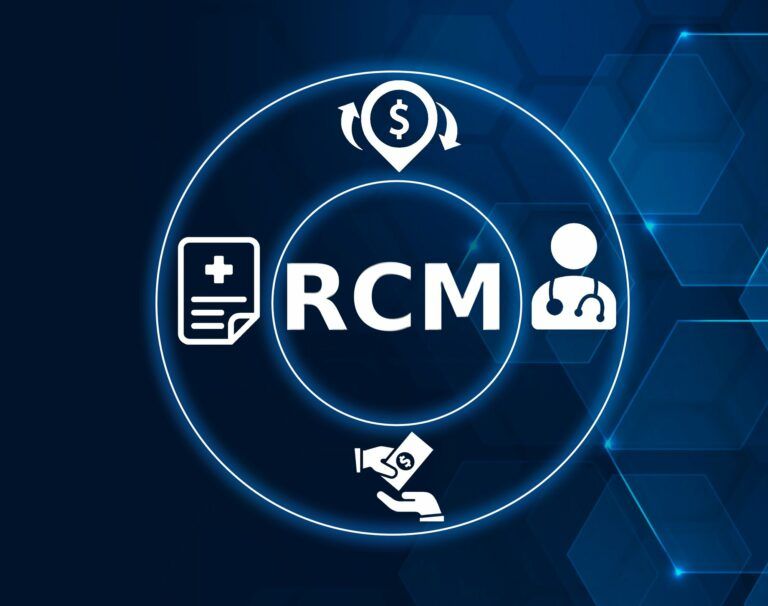With the rising cost of medical care, more patients are relying on longer-term financing options to pay off medical bill balances. Outstanding medical bills affect one in five Americans and $88 billion of medical debt is in collections. Despite this, hospitals and health systems are still struggling financially in the post-Covid environment, with tight operating margins and depressed financial results.
The Consumer Financial Protection Bureau (CFPB) reported that medical bills accounted for 15% of the consumer complaints it received in 2023. Under these macro conditions, the CFPB, the U.S. Department of Health and Human Services, and the U.S. Department of Treasury launched an inquiry into high-cost specialty financial products like deferred-interest medical credit cards and predatory installment loans last year. The agency inquiry included questions on how charity care is applied to patient balances, if medical credit cards are offered before insurance is applied, and other topics related to the revenue cycle process.
In tackling this issue, regulators must focus on ensuring they adopt policies that create win-win-win scenarios for patients, health systems and providers. Any policy changes should also make allowances for consumer-friendly patient financing companies that serve patients who don’t qualify for charity assistance and aren’t able to pay for large bills in full (and that shouldn’t be forced to place those balances on a high-interest credit card).
Rising Medical Costs Challenge Patients and Providers
Only one-third of Americans can afford to promptly pay their medical bill balance, though some qualifying low-income individuals receive charity care to cover the cost. However, most remaining patients (72%) fall somewhere in the middle—they aren’t able to immediately pay in their bills in full, yet they don’t qualify for financial assistance. These patients often turn to credit cards with high interest rates.
Using traditional financing options like general use credit cards and personal loans that lack the consumer-friendly terms can be harmful to consumers. Certain credit cards can put consumers deeply in debt and make a bad situation worse—holding an average interest rate of 27% including hidden fees and having terms that can damage a consumer’s credit score.
When patients fail to make timely payments or avoid receiving care out of financial fear, healthcare providers don’t get paid. Health systems can’t afford to give financial assistance to every patient, nor can they avoid the costs necessary to provide quality medical care. Healthcare service will always be dependent on providers having enough revenue to properly staff hospitals, outpatient clinics, and more.
It’s a delicate balance—health systems must mitigate unpaid medical bills to ensure consistent revenue flow but also improve patient satisfaction. Health systems need better long-term repayment options that work for both patients and providers.
Since more medical cost responsibility increasingly falls on the patient, either due to a lack of insurance coverage or high deductible plans, health systems need mechanisms to help patients handle unexpected medical balances. However, healthcare providers face challenges in offering long-term repayment options due to legal complexities and administrative burdens.
In its comment letter to the CFPB, AccessOne mentions that although providers are experts in providing care, they are much less able to administer and service fair, regulatorily compliant financing programs. Contracting with a customer-friendly financial services vendor to offer extended payment plans and other credit services can help providers add efficiencies to their billing practices, provide needed cash flow, and improve the patient experience.
Patient-Centric Financial Products Offer Reform and Relief
Fortunately, if harmful practices are prevented and medical payment products are administered fairly, patients can access the care they need without financial stress. Patient-friendly financing companies that are committed to transparency and consumer-friendly best practices fill a financial gap enabling patients to receive care knowing they have affordable and fair payment options. Importantly, programs sponsored by partner health systems enable low-interest and no-interest options distinct from traditional financing models.
As a patient-friendly, healthcare financing company, AccessOne supports an ongoing dialogue between regulatory agencies and health systems. Revenue cycle management is a complicated process. Regulatory agencies need to fully understand the medical billing world before taking action. Because of that, governmental regulations should err on the side of caution, using a scalpel to make improvements instead of a broad sword.



